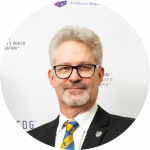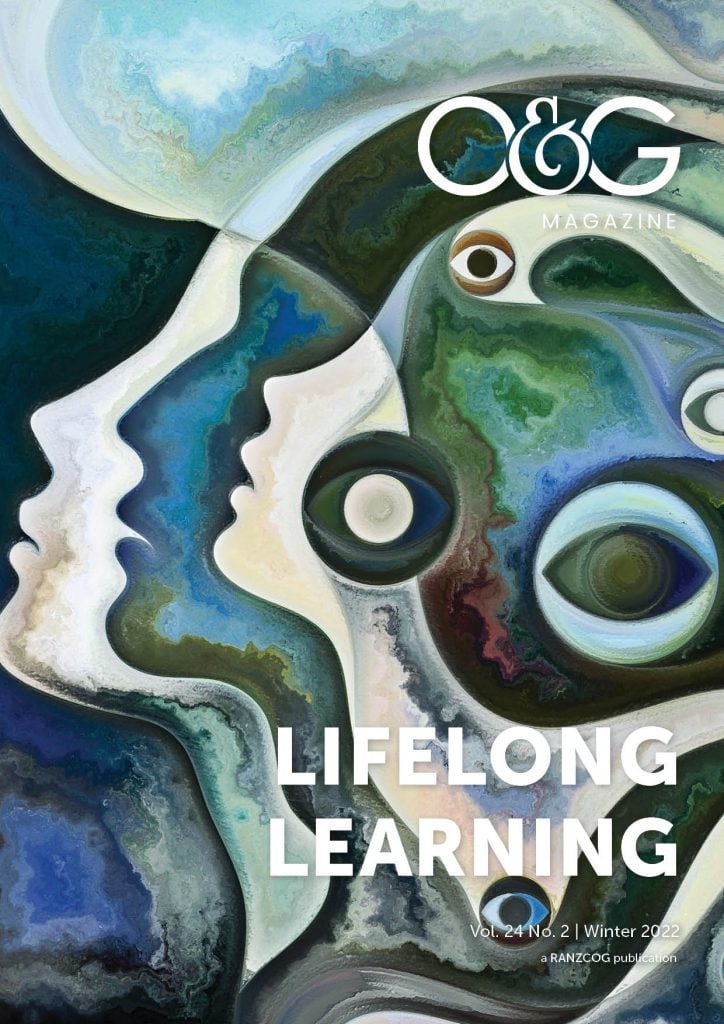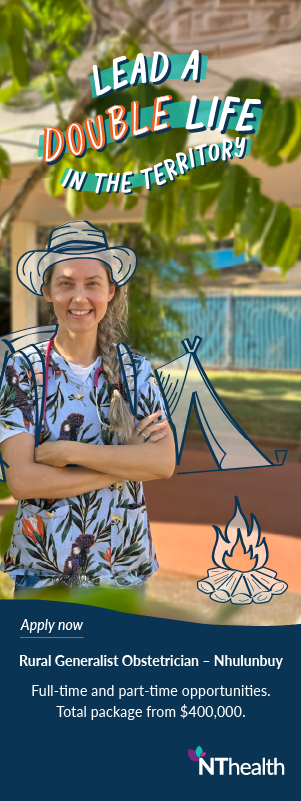Some of us can recall when, hopefully for the final time, a pen was placed on a desktop next to a completed examination paper. That incredible feeling of relief, a weight lifted and final freedom!
As a 32 year old, I reflected on 25 years of formal education and assessment to conclude: no more… Done.
Then along came ‘lifelong learning’!
Fortunately, it became apparent that this is a formal name for what we do routinely, regularly or impulsively, to keep up to date with changes in our profession and potentially, scope of practise. Some of this learning is structured and some more random, much of it self-directed. Today lifelong learning may involve novel techniques and platforms.
Not long ago, learning required physical resources – libraries, books and journals, with other hurdles to jump over like the Dewey Decimal System, but now we all carry immediate and direct access to most world knowledge in our pocket or the palm of our hand. Unfortunately, so does everyone else. We’re looking at you, Dr Google!
This issue of O&G Magazine presents a range of titles covering how lifelong learning has evolved and the latest developments in this expanding area of professional practise. It is about educational gains, not so much what to learn but how to learn. From training apps to practise audits, patient and public health literacy, upskilling and teaching practical skills for Diplomats and Fellows, to dealing with the aforementioned evil of Dr Google, the winter issue has it covered.
In March, after a two-year absence, large RANZCOG presentation ceremonies returned with a wonderful event held in Melbourne.
This year numerous presentation ceremonies have been scheduled across Australia and New Zealand. It was a privilege to present Fellowships, certificates and College awards to worthy recipients and a happy family occasion for our new Fellows and subspecialists. These presentation ceremonies are an opportunity to congratulate and honour our colleagues and new members for their commitment, dedication and wonderful achievements – those who will continue to learn and teach.
These new specialists will now embark on the formal component of lifelong learning: continuing professional development or CPD. This issue of the magazine will also outline the latest CPD requirements as determined by the Australian Medical Council (AMC) and the Medical Council of New Zealand (MCNZ) who, as the accrediting bodies, dictate CPD and other compliance standards for the transnational specialist colleges and their members.
Please have a safe and rewarding winter and enjoy this edition of our magazine. We all look forward to the opportunity to again meet in person for our 2022 Annual Scientific Meeting, this Spring, 9–12 October on the magnificent Gold Coast!






Leave a Reply